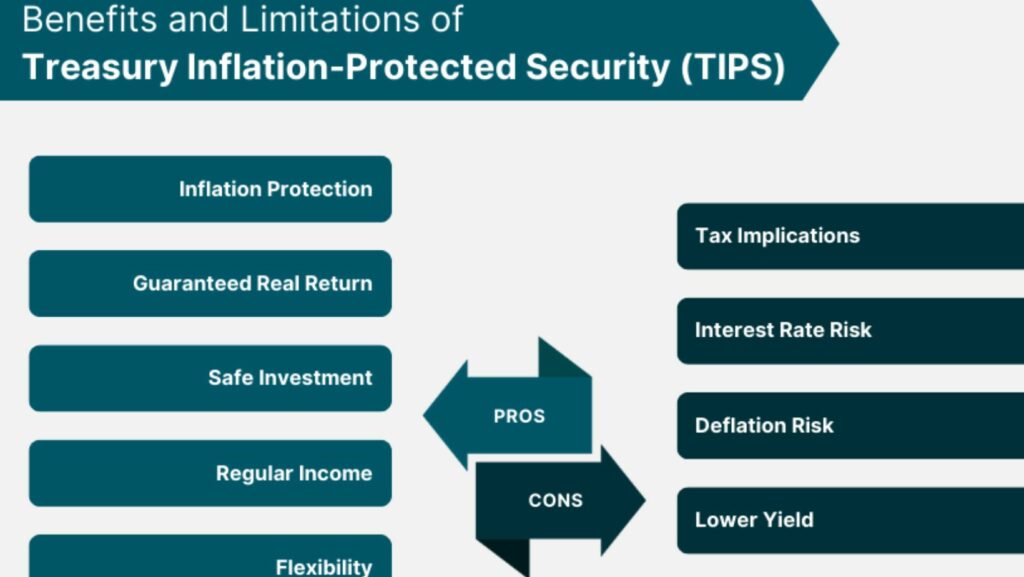Navigating the world of finance can be complex. However, earning an Investment Management Certificate (IMC) can provide a competitive edge. It’s a globally recognized credential that can open doors to a wealth of opportunities in the financial sector.
Investment Management Certificate

An Investment Management Certificate, often cited as the IMC, stands as a comprehensive qualification within the financial realm. Earned by individuals keen on expanding their proficiency in finance, it exemplifies mastery over diverse aspects bounded to investment management. Main tenets encompassed within this esteemed certificate include, but are not limited to, portfolio construction, risk valuation, and ethical considerations.
People who bear this certification stamp, demonstrate their commitment towards adhering to global standards of competence, integrity, and professionalism. This qualification does not restrict itself merely to investment advisors but extends its benefits to other roles in investment management such as sales and marketing professionals, compliance officers, and operations staff, maximizing their potential in their respective fields. This certificate, backed by its robust curriculum, offers a window into understanding the complex world of investment strategies.
Globally recognized, the IMC acts to validate one’s proficiency in the financial sector, making it a game-changer for individuals seeking to elevate their position in the competitive world of finance.
Key Benefits of an Investment Management Certificate

With the backdrop of the Investment Management Certificate’s (IMC) significance, let’s explore its key benefits. An IMC embodies expertise, boosting career prospects in the finance industry. Individuals with IMC often find accelerated paths to senior roles, recognized for their deep understanding of investment management. Being globally recognized, IMC holders find themselves competent in an international context. Moreover, knowledge of intricate investment strategies equips professionals with tools to devise successful portfolios. Alongside, IMC mandates an adherence to a strict code of ethics, fostering trust and confidence among clients. Lastly, IMC provides continuing professional development programs to ensure practitioners stay abreast with the evolving industry trends. Equipped with an IMC, a professional encapsulates competence, ethical conduct, and a commitment to continuous learning, thus presenting compelling benefits in the competitive world of finance.
Core Components of the Investment Management Certificate Program
The Investment Management Certificate (IMC) program entails two vital modules. First, the Investment Environment module takes upon crucial topics such as financial markets, taxation, and regulatory environment, accounting and financial analysis. Second, the Investment Practice module addresses investment appraisal, portfolio management, risk management, plus various derivative contracts.

Each module in this course allows finance professionals to gain mastery over comprehensive investment principles. For instance, understanding financial markets brings about an in-depth appreciation of financial instruments, their uses, and how they contribute to the diversification of investment portfolios. Meanwhile, knowledge in regulatory environments helps in navigating complex legal structures, ensuring compliant operations throughout.
Furthermore, studying risk management under the Investment Practice module allows professionals to identify, evaluate, and mitigate potential threats to investment. Understanding derivative contracts, on the other hand, expands the range of investment options available, promoting flexibility and adaptability in changing market conditions.
How to Prepare for the Investment Management Certificate
As the article has highlighted, the Investment Management Certificate (IMC) is a vital credential for finance professionals looking to deepen their understanding of investment management principles and enhance their career prospects. It’s clear that the IMC’s rigorous curriculum, covering areas such as financial markets, taxation, regulatory compliance, and risk management, not only equips professionals with the necessary expertise but also instills a commitment to ethical behavior and continuous learning.
Whether you’re a seasoned finance professional or just starting your career, the IMC can provide a significant boost to your skills and opportunities. So, it’s worth investing time and effort into preparing for the IMC program, ensuring you’re ready to tackle the challenges of the competitive finance sector. Remember, the journey towards obtaining an IMC is not just about passing exams. It’s about embracing a mindset of lifelong learning and ethical practice in the world of investment management.



